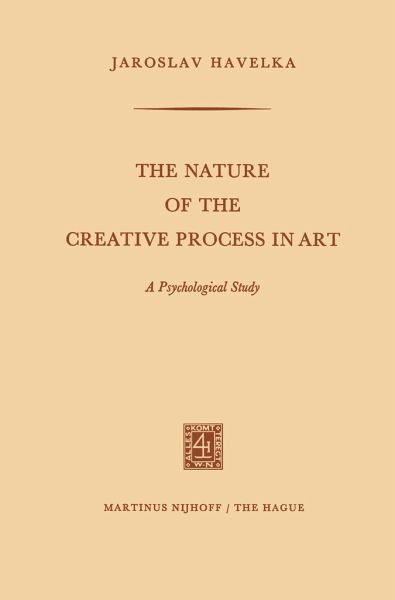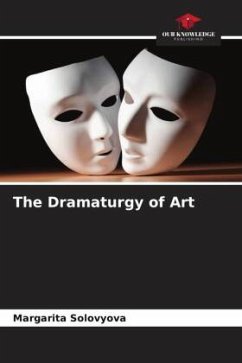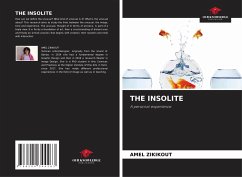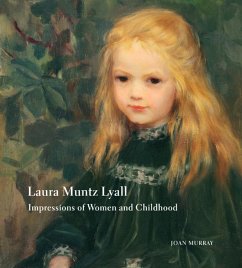
The Nature of the Creative Process in Art
A Psychological Study

PAYBACK Punkte
20 °P sammeln!
No single factor determined the growth of this book. It may have been that as a novice researcher in Behavioral Psychology I experienced growing discontent with the direction of intellectual activity in which the accent was on methodology and measurement, with a distinct atmosphere of dogmatism, insecurity and defensiveness. The anathema of tender-mindedness was attached to any study of mental manifes tations that avoided laboratory confirmation and statistical significance. Man in his uniqueness and unpredictable potentialities remained un explored. Yet outside the systematic vivisection of v...
No single factor determined the growth of this book. It may have been that as a novice researcher in Behavioral Psychology I experienced growing discontent with the direction of intellectual activity in which the accent was on methodology and measurement, with a distinct atmosphere of dogmatism, insecurity and defensiveness. The anathema of tender-mindedness was attached to any study of mental manifes tations that avoided laboratory confirmation and statistical significance. Man in his uniqueness and unpredictable potentialities remained un explored. Yet outside the systematic vivisection of variables and their measurement men of originality and genius were studying the mind in its complex yet natural interaction of aspirations, values and creative capacities. It was almost too easy for me to turn to them for the re orientation of my psychological interest, and it was not difficult to find in Freud the most daring and penetrating representant of humanistic psychology. Furthermore, it could have been the fact that Freud's thoughts on creative processes appeared to me at once starkly original and yet incomplete and fragmentary, that led me to reconsider and expand on them. Freud's fascination with culture and creativity, although frank and serious, led him to a peculiar indecisiveness and overcautiousness which was radically different from the dramatic boldness of his thera peutic methods and the depth of his personality theories.














